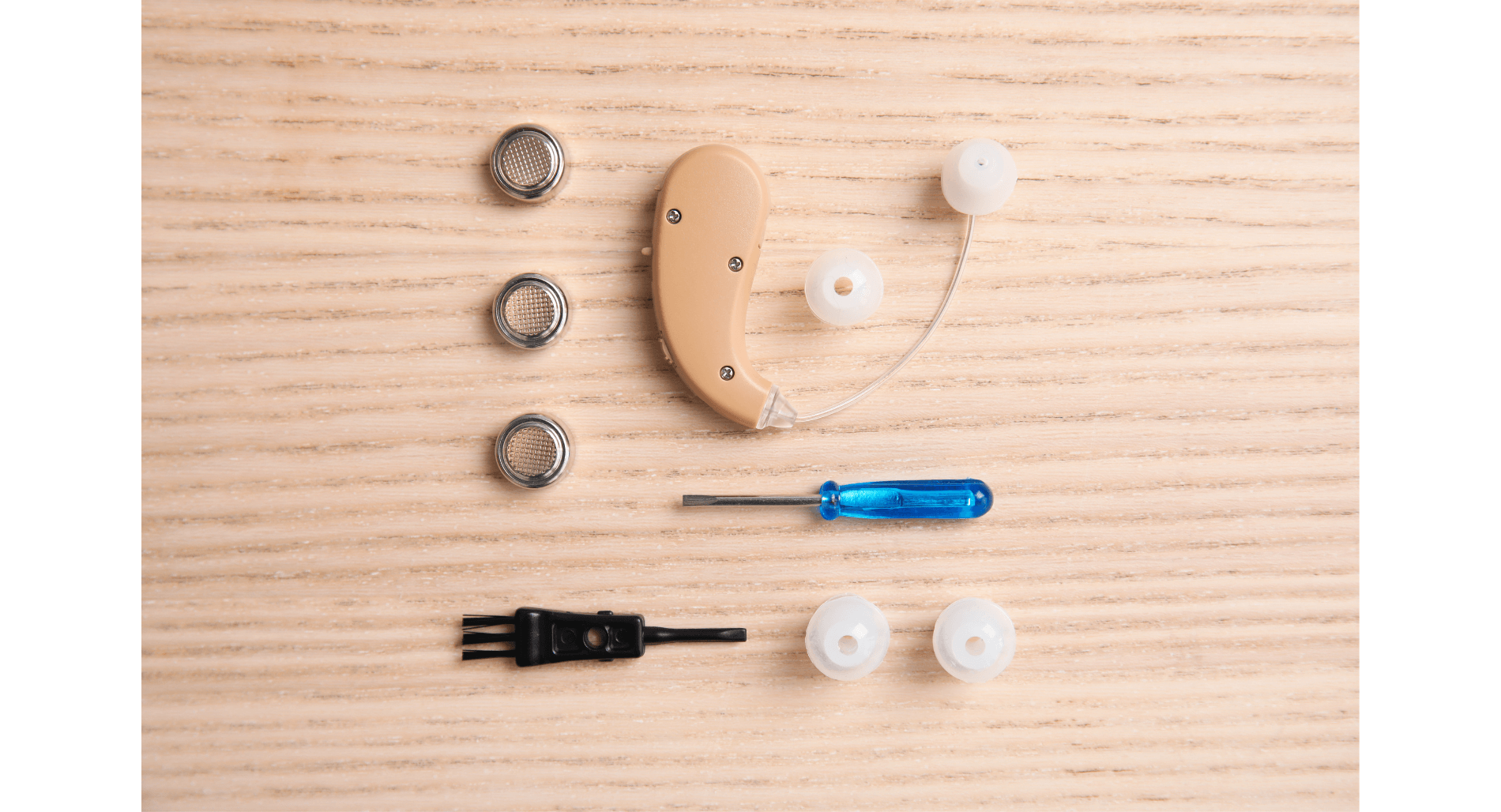
It’s all too common to ignore hearing loss but that doesn’t mean it won’t catch up with you. The truth is ignoring hearing loss just makes it worse. While there is no immediate pain associated with symptoms, that doesn’t mean that hearing loss doesn’t “hurt”!
With untreated hearing loss, it is common to pretend to hear what the people in your life are saying to you, which often ends in confusion and misunderstandings. Parts of words and words and sentences frequently become lost causing your mind to work harder to fill in the blanks. The result is often that social situations just don’t seem worth it anymore. Instead, a feeling of avoidance of social connections takes its place. Ultimately your brain is suffering from auditory deprivation and it’s more serious than you may suspect.
What is Auditory Deprivation?
Auditory deprivation is the result of your brain being deprived of sound, commonly experienced in most cases of hearing loss. Sensorineural hearing loss occurs when the tiny cells of the inner ear which are solely responsible for transmitting sound to the brain become damaged due to various causes such as extreme noise exposure, head trauma, infections, exposure to harmful chemicals, and even changes to the ear as we age. When these connections become interrupted, the brain is deprived of certain tones which can lead to difficulty processing sounds. If left untreated, the parts of the brain normally responsible for hearing get “reassigned” to other tasks allowing the unused areas of the brain to atrophy. It’s important to note that this can occur at any stage of hearing loss – not just in severe and noticeable cases.
Hearing Loss and Brain Atrophy
While we hear with our ears it is the brain that must identify and locate sounds, as well as process speech. The cells in your ears, called stereocilia transform audio vibrations into electrical impulses via the auditory nerve. It’s in your brain where understanding of sound occurs. Hearing loss is different for everyone. Some people struggle with lower tones and voices while many people suffer from high-frequency hearing loss, which may affect consonants in speech such as “s”, “f”, and “h”. This leaves a permanent loss in your perception of sound which can affect cognitive functioning and health. A 2014 study called “Cross-Modal Re-Organization in Adults with Early Stage Hearing Loss” determined that with only minor hearing loss, the parts of your brain that deal with auditory processing can switch to visual processing instead.
Use it or Lose It
Use it or lose it is a common phrase used by audiologists who witness far too many patients waiting too long to address a hearing loss.
“The longer you wait to seek treatment, the [more the] brain has trouble understanding and processing information,” states Pulido, a fellow with the American Academy of Audiology.
While you may hear the sounds, the words may be difficult to process and understand. The line between cognitive decline and hearing loss becomes thin. Many audiologists believe that unaddressed hearing loss causes people to score lower on cognitive tests, even with a mild case.
Is Auditory Deprivation Permanent?
While sensorineural hearing loss is a permanent condition it can be treated with hearing aids. These electronic devices can amplify sounds, so you won’t have to struggle to hear. However, the longer you wait, the harder it is to relearn to hear the sounds. In many cases it causes regular hearing training to help your brain re-learn to hear sounds it may have not heard in years. Even the sound of your voice may sound strange.
Overall, though, the “brain is very [flexible] and it can make a lot of changes—once it’s being stimulated, new connections can form so that it can understand more information,” explain Pulido.
Addressing Hearing Loss ASAP
One of the most common ways people develop auditory deprivation is by avoiding hearing loss treatment. While many don’t even know they have a mild loss until it progresses this doesn’t make it a danger. Therefore, regular testing and quick action are essential for preventing brain atrophy and auditory deprivation.
“This mostly comes about when someone has a diagnosed hearing loss and they don’t treat that hearing loss,” Pulido says. “Over the time of not getting that auditory stimulation that connection between the ears and the brain gets weak.” This causes the auditory nerve to atrophy and weaken, she explains.
You don’t have to let it get to this point. Schedule an annual hearing loss, no matter your age. Do it for you and all the people you care for! Contact us today.

A Comprehensive Look at Conductive Hearing Loss
Matthew Favinger, M.S., F-AAA

Why Your Ears Hurt
Matthew Favinger, M.S., F-AAA

